Some parents choose to home educate their child rather than sending them to school. This page explains more, and looks at where you can get help and support if you decide to do this.
What is home education?
Home education is where a parent or carer chooses to become the main educator of their children and takes full legal responsibility for this. Normally, this is without direct support from schools, or the local authority.
Home education doesn't just take place in the home: it can happen outdoors, in museums and libraries and anywhere else in the community.
What’s the difference between home education and learning at home?
Learning at home is the learning which happens in the home, outdoors, or in the community.
When schools were closed due to the COVID-19 pandemic, teachers provided materials for children to continue their learning, while staying safe at home. Learning at home continues, as it is part of the Scottish Schools (Parental Involvement) Act 2006.
You can find more information about learning at home on the Mygov.scot website.
Home education is where a parent or carer takes full legal responsibility for their child’s education. In most cases, this is without direct support from schools or their local authority.
I want to home educate my child – where do I start?
If you’re thinking about home educating your child, it’s a good idea to talk to some other home educators to get an idea of what it’s like. You can find a list of forums and Facebook groups for home educators via independent support networks such as:
If your child already attends a local authority school, you must request the local authority’s consent to withdraw them from school. You’ll be expected to explain how you intend to provide a suitable education for your child. In a few circumstances, including if your child has never attended school, you do not have to ask for the local authority’s consent to withdraw them from school, but the local authority may contact you to find out if your child is receiving a suitable education.
A list of scenarios in which consent from the local authority is not required can be found in section 3.2 of the Scottish Government’s Home Education guidance.
How much contact with the local authority will I have if I home educate my children?
It's recommended that local authorities make contact with those families they know to be home educating on an annual basis. This is so they can be sure that parents are providing their children with a suitable education. However, this is not a statutory requirement. You can find further advice on contact between home educating families and local authorities in the Scottish Government's Home Education Guidance.
Where can I get resources for home education?
Your local authority’s website will hold information regarding home education. This may include the name of the contact person within the authority who has responsibility for home education. These officers will have an understanding of the range of educational philosophies related to Home Education and the contact details of local support networks that they can put you in touch with.
Unlike learning at home, where resources are provided by schools, the local authority will not provide you with resources of this kind. However, there are lots of organisations that offer resources for home educators.
Can I get any financial support if I home educate my child?
Education Maintenance Allowances (EMAs) provide financial support to eligible 16-19 year olds who want to continue learning. Home educated children are eligible for Education Maintenance Allowances, subject to the same criteria as school educated children. EMAs are available to eligible young people who are undertaking full-time non-advanced level study (up to and including Advanced Highers) via home education.
Your child needs to apply to their local authority for the EMA. If they’re applying for an EMA as a home educated student, they must have a history of home education before reaching their official school leaving date. You can find out more about EMAs at the Scottish Government website.
How do I register my child for SQA qualifications?
Home educated learners can only be entered for SQA qualifications by registering with an approved school, college or training provider. These include all local authority schools, most independent schools and colleges across Scotland.
It's important to note that, as centres are not obliged to work with external candidates, early engagement to identify a centre is encouraged. If you’re experiencing any difficulties in securing an approved centre, please contact your local authority in the first instance.
Please note that this relates to SQA qualifications. Any queries relating to GCSEs/A Levels or other qualifications should be directed to Ofqual or the relevant exam board.
Where can I get information and support?
You can find further home education guidance, including links to information and support networks, on the Mygov.scot website.
Is support available for home educated children and young people with additional support needs?
Local authorities do not have a legal responsibility to provide additional support for home educated children. This is because the authority is no longer responsible for their education.
You can still ask your local council for help in finding out if your child has additional support needs, and what level of support they may require. The local authority can choose to agree with the request, and provide necessary support, but it is under no legal duty to do so.
You can find more information regarding home education and additional support for learning on the Enquire website.
What is flexi-schooling?
Some parents may choose for their child to attend school on a part-time basis. You may need to get consent from your local authority in order to do this. The local authority must consider each application for flexi-schooling individually. Both the school and the local authority will decide whether they can support the request.
 Activities & Play
Activities & Play Behaviour
Behaviour Childcare
Childcare Development & Growing Up
Development & Growing Up Family, Friends & Relationships
Family, Friends & Relationships Feeding Your Baby
Feeding Your Baby Food & Eating
Food & Eating Health & Safety
Health & Safety Mental Health & Wellbeing
Mental Health & Wellbeing Money & Work
Money & Work Online Behaviour & Safety
Online Behaviour & Safety Pregnancy & First Days
Pregnancy & First Days School & Education
School & Education Sleep
Sleep


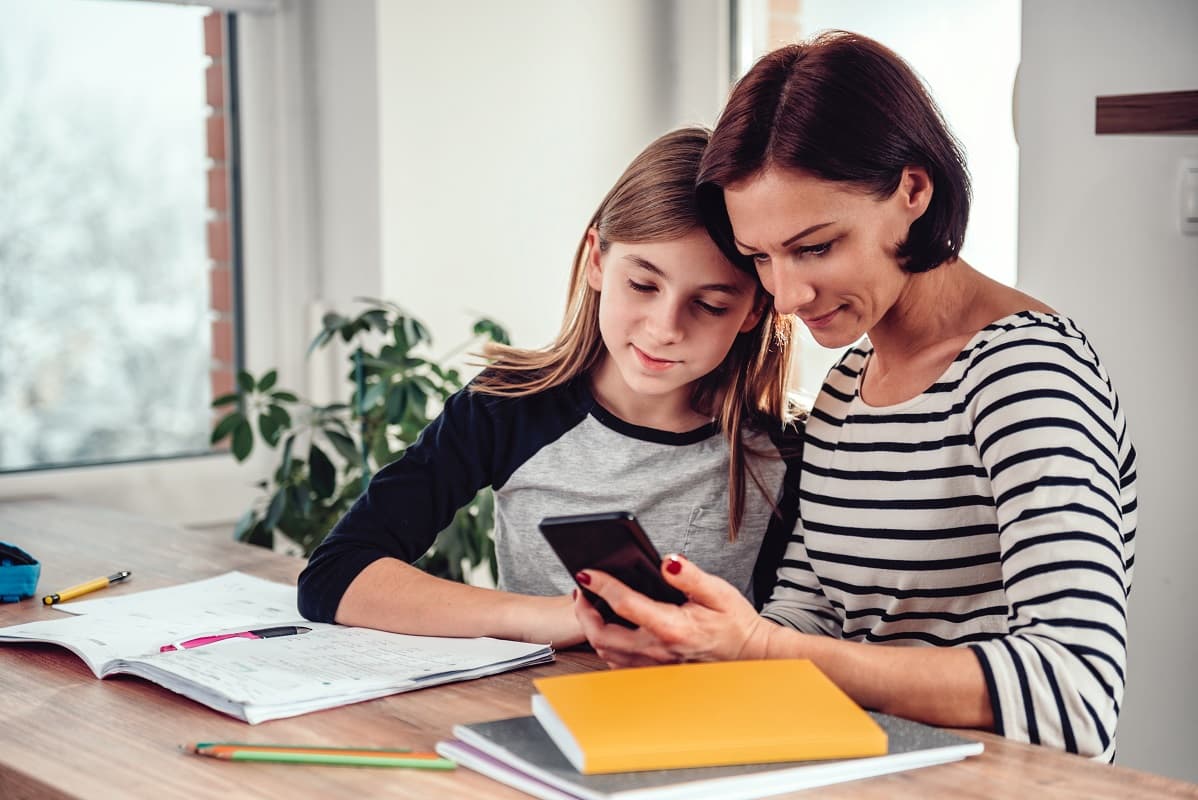
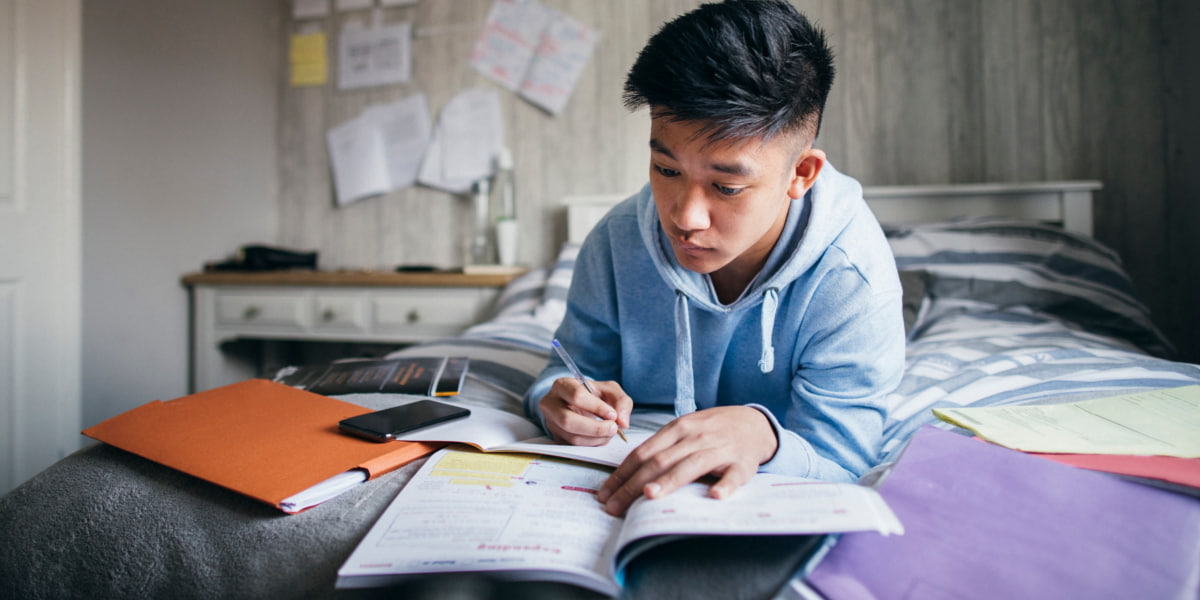


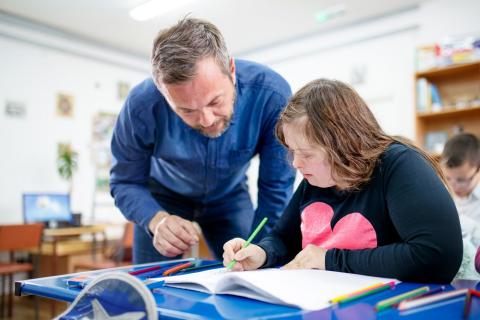
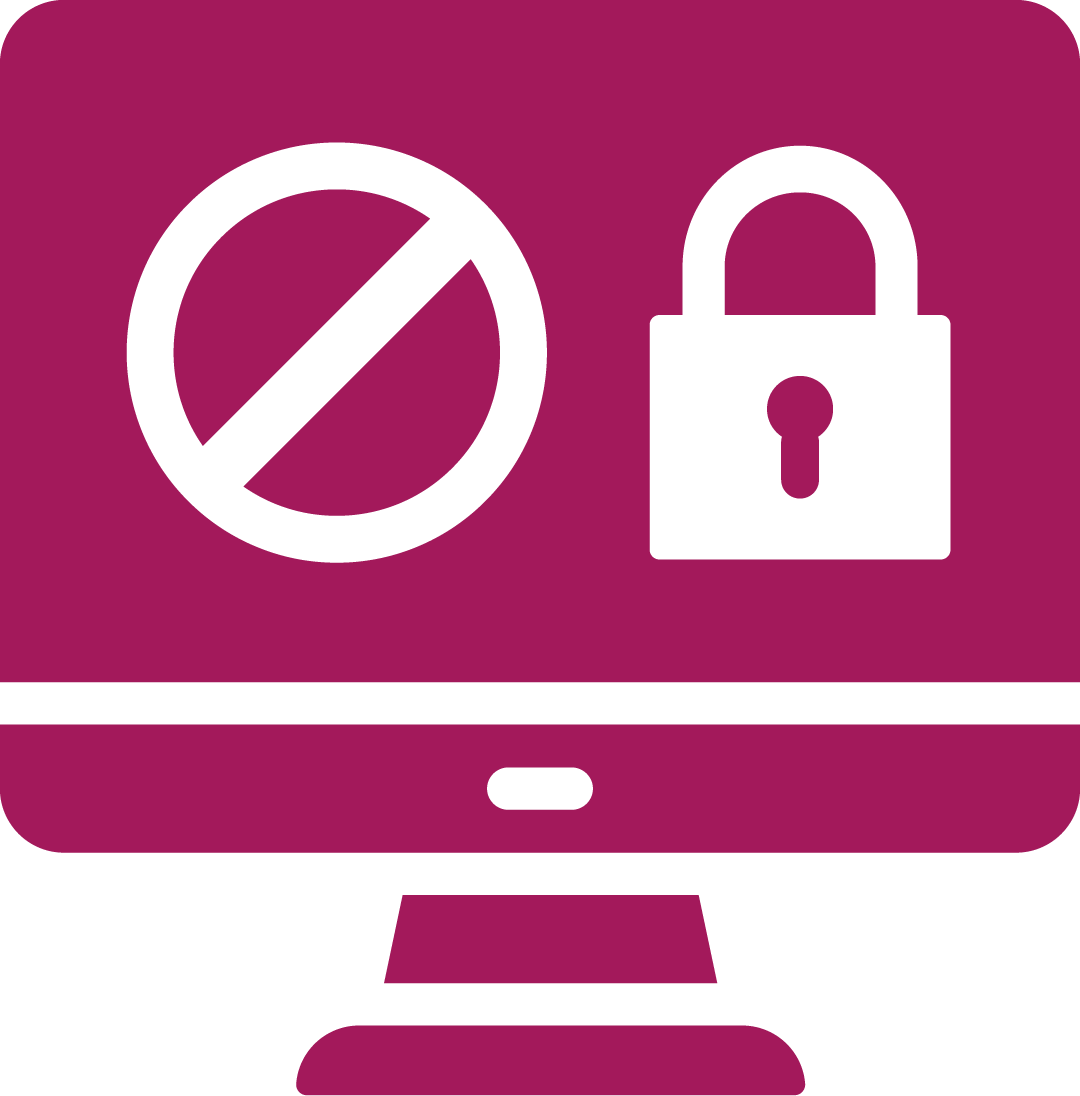 Online Behaviour & Safety
Online Behaviour & Safety
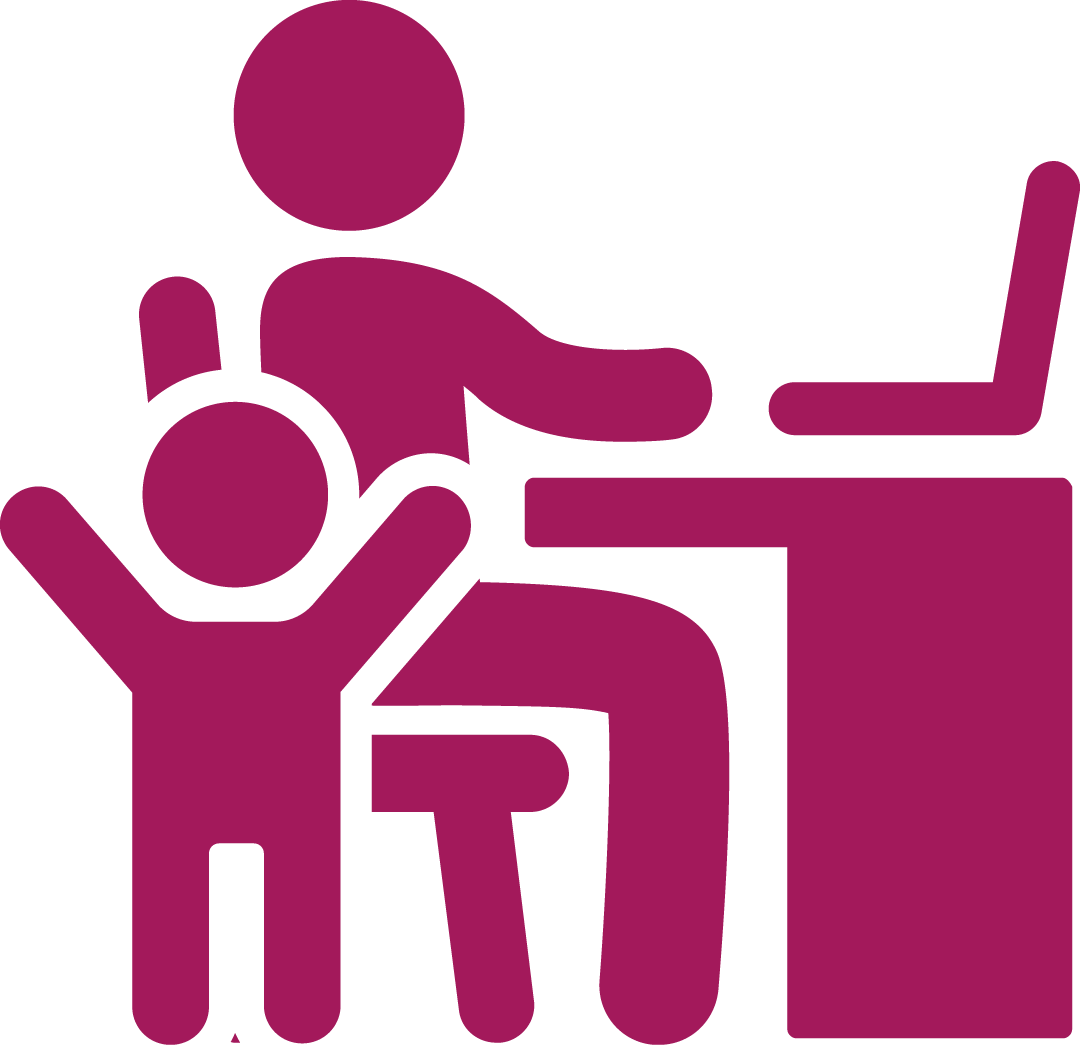 Childcare
Childcare